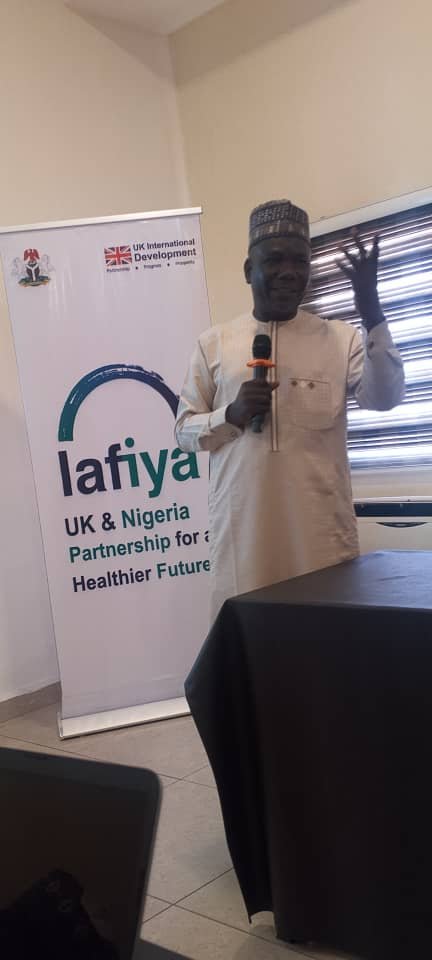Jigawa Develops Roadmap to Harness Demographic Dividend for Growth
By Ahmed Aminu, Dutse


A stakeholders’ workshop to validate Jigawa State’s Demographic Dividend Roadmap has opened with a call for participants to ensure the document is comprehensive and aligned with sectoral mandates.
The programme was organized by the Jigawa state government and National Population Commission, with support from the Foreign Commonwealth Development Office’ Lafiya Programme.
The participants were from State’s, Non State actors and the Media.
Declaring the session open, the Permanent Secretary, Ministry of Budget and Economic Planning, and Chairman of the Workshop, Sagir Muhammad Sani Kila, commended the Lafiya Project for driving critical reforms across the state.
He urged participants to thoroughly review every aspect of the roadmap to guarantee its relevance and completeness.
Taking over the technical session, the Lead Consultant, Dr. Musa Zakirai, outlined the expectations of the workshop.
Zakirai, who said the goal is to produce a validated roadmap that would be presented to high-level stakeholders for adoption, tasked the participants to scrutinize key provisions to ensure alignment with the mandates of their respective Ministries, Departments and Agencies (MDAs).
He further advised that all objectives be framed using the SMART model—Specific, Measurable, Achievable, Relevant and Time-bound—to ensure clarity and impact.
The Lead Consultant announced that participants would work in groups according to the roadmap’s pillars to ensure focused deliberations on the roadmap, which has been structured around six core pillars.
The core pillars include harnessing youth potential through job creation, skills development and economic growth,
addressing high fertility, low education and employment levels, and child poverty.
It also include improving adolescent, maternal and child health outcomes, expanding access to quality education, vocational training and entrepreneurship, strengthening policy coordination, and monitoring and accountability mechanisms, as well as promoting gender equity, social inclusion and resilience.
Zakirai presented a situation analysis of the state, highlighting key human capital and demographic indicators.
The presentation covered population projections, dependency ratios, fertility trends, maternal health, child immunisation coverage, and education statistics such as net attendance, completion and transition rates.
He raised concerns over the high number of out-of-school children, saying data shows Jigawa lagging behind in both national and regional benchmarks in virtually all aspects of human capital development, signalling the urgent need for strategic and coordinated interventions.
Despite the challenges, Zakirai said the state has a demographic advantage it can harness by investing in education, skills development, youth entrepreneurship and gender inclusion.
He stressed the opportunities in digital skills advancement, as well as the potential for strategic partnerships with the private sector and non-governmental organisations.




